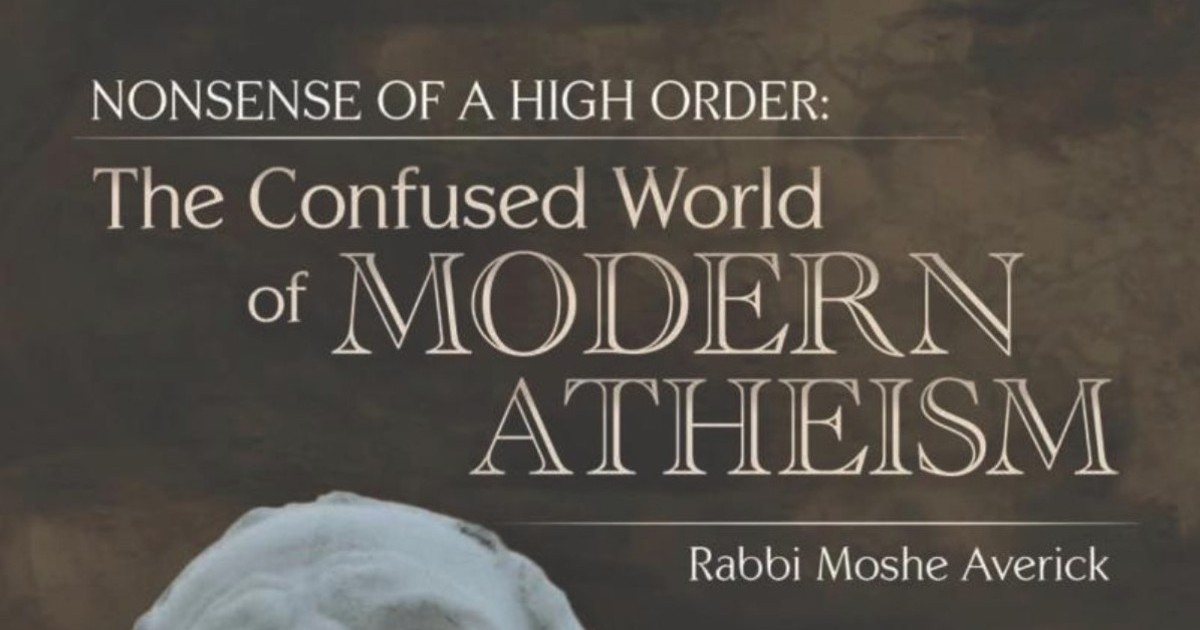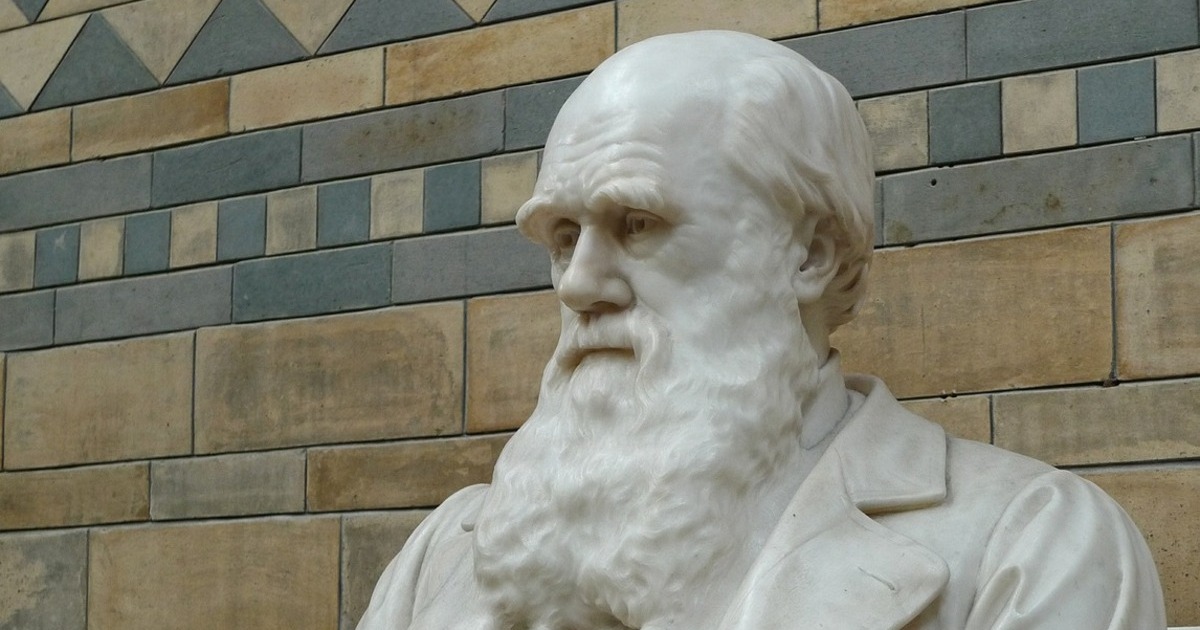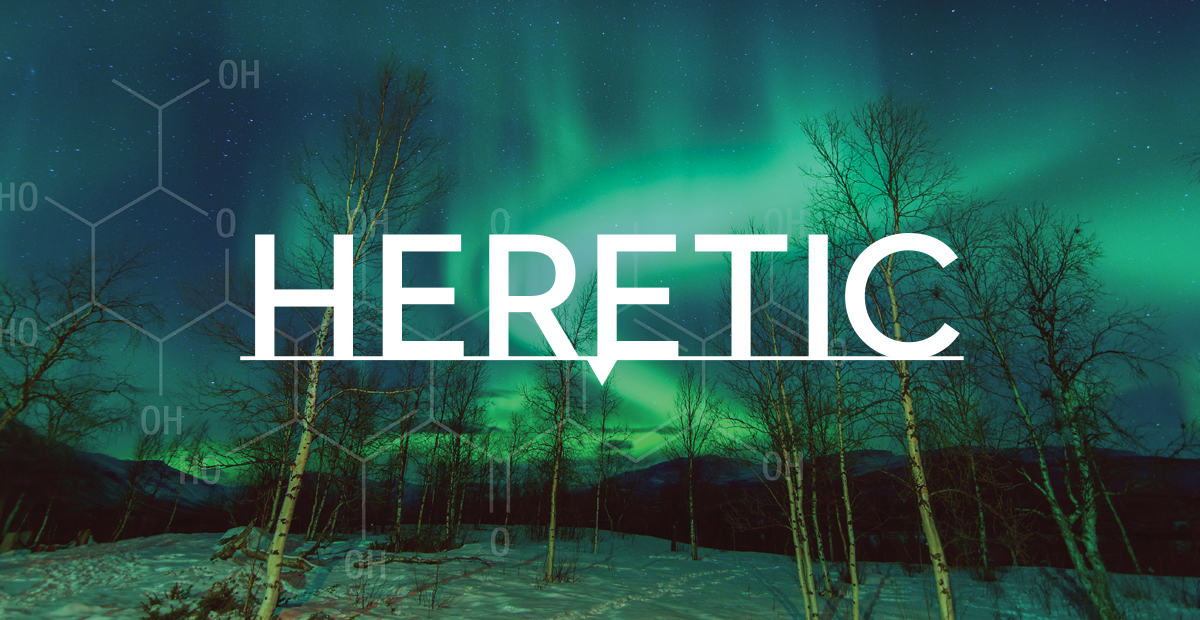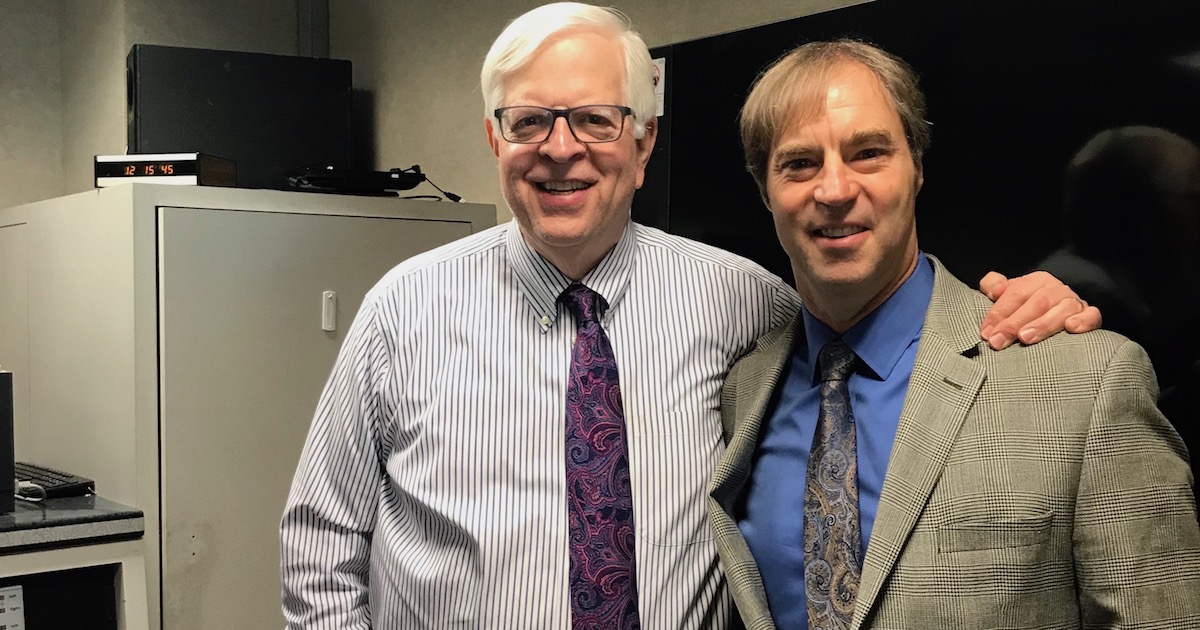
Averick Takes on the “God of the Gaps” Objection
On this episode of ID the Future, Rabbi Moshe Averick, author of Nonsense of a High Order: The Confused World of Modern Atheism, responds to the objection that intelligent design is a feeble “God of the Gaps” approach, an argument from ignorance. Provocative and entertaining, Averick describes the attack as “less than feeble.” He says it isn’t because of what we don’t know, but because of what we do know. He offers as an illustration the widespread skepticism in the physics community toward the possibility of anyone ever building a perpetual motion machine. Their skepticism is not driven by ignorance of how to build such a machine, Averick notes. It’s driven by their knowledge of the fundamental laws of physics. Please consider donating to support the IDTF Podcast.





